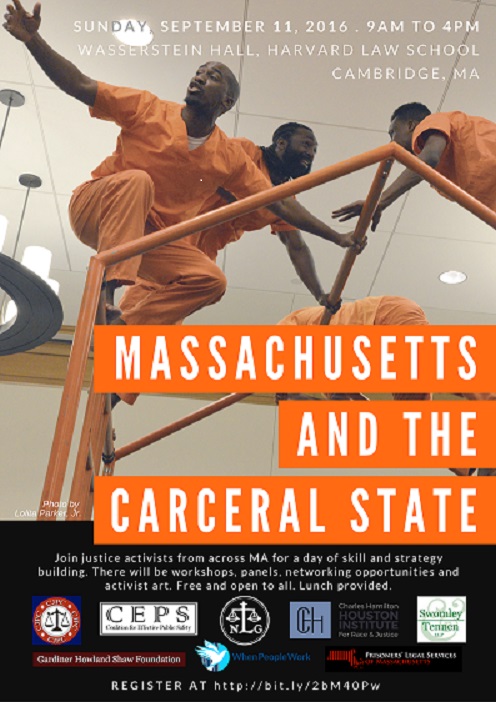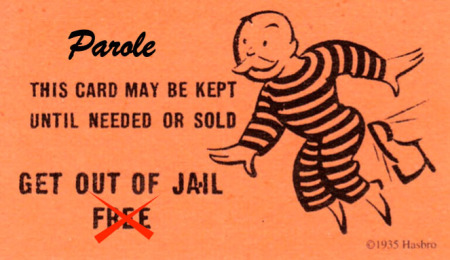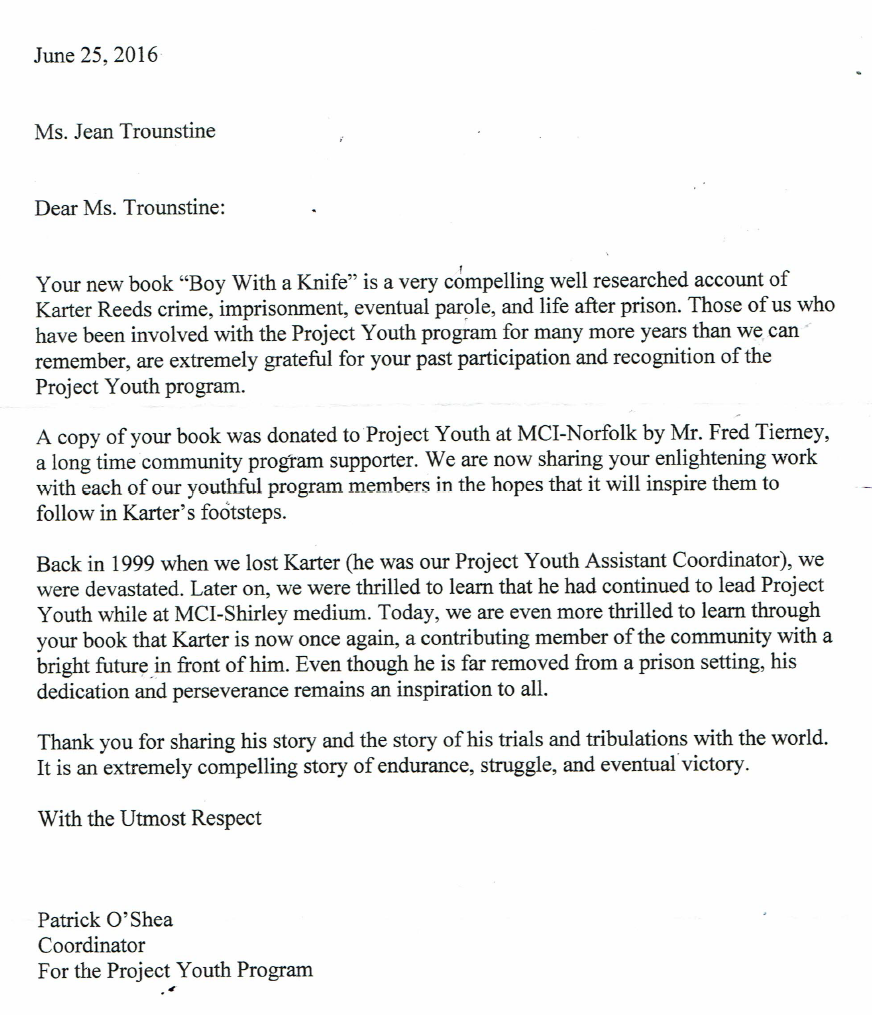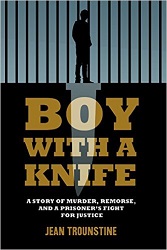SEPT. 11th WORKSHOP SIGN UP INFO BELOW
AND REGISTER FOR THE CONFERENCE NOW http://bit.ly/2bM40Pw
On Sunday, September 11, 2016, join justice activists from across Massachusetts for a day of skill and strategy building to invigorate the movement to replace the state’s criminal justice system with community justice. Whether you’re already active or are looking to get involved, this day is for you! It’s free and open to all. There will be opportunities to learn about the great work that is being done for justice reform in Massachusetts and to improve your skills and understanding of the movement.
Sunday’s conference will run from 9 a.m. to approximately 4 p.m. at Harvard Law School, Wasserstein Hall, 1585 Massachusetts Avenue, Cambridge MA. There will be workshops, panels, networking opportunities and activist art. Lunch is provided. Workshop presenters include the Louis D. Brown Peace Institute, Young Abolitionists, National Alliance on Mental Illness — and many more!
This event is being organized by members of the Charles Hamilton Houston Institute for Race and Justice at Harvard Law School, the Coalition for Effective Public Safety, the Criminal Justice Policy Coalition and the National Lawyers Guild – Massachusetts Chapter. Harvard Law School is easily accessible by public transportation: the Harvard Square stop on the Red Line or the following bus lines: 1, 66, 68, 69, 71, 72, 73, 74, 75, 77, 78, 86, 96. Street parking is also available and free on Sundays. For questions, please contact Rachel Corey, 617-807-0111, director@cjpc.org.
PARKING INFO
If you’d like to park in Harvard parking, visitors must register with Harvard Parking to obtain a parking permit. Below you will find a link to register. The visitor parking option allows you to pick a garage: please choose the 52 OXFORD STREET garage since we are on a weekend. When registering be sure to select the department “visitor to campus” and enter 7700 as the department code.
Link: https://www2.uos.harvard.edu/cgi-bin/permit/purchase.pl
Public Parking Lots: http://www.harvardsquare.com/maps.aspx (if the garage is full)
WORKSHOP AND TABLING INFO
If you’re part of an organization, and you’re interested in tabling, please fill out this form.
Attendance at some workshops is limited. To ensure your spot in the workshops being offered, sign up here (read below for descriptions of workshops).
Workshop Schedule for the day:
9:00 – 9:45 a.m. Welcome (Milstein B)
9:40 – 9:55 a.m. Poetry by the Mass. Literary
Education and Performance Collective (MassLEAP) (Milstein B)
10:00 – 10:50 a.m. Workshop slot (Various rooms)
11:00 – 11:50 a.m. Workshop slot (Various rooms)
Noon – 12:50 p.m. Workshop slot (Various rooms)
1:00 – 2:30 p.m. Lunch and panel discussion (TBA) (Milstein B)
2:30 – 2:45 p.m. Poetry by MassLEAP (Milstein B)
2:50 – 3:45 p.m. Affinity groups (Milstein A, B, C)
Register for Workshops here.
Workshop schedule:
10 a.m. – 10:50 a.m. workshops:
Changing the state’s laws: Lobbying 101 – If you don’t like our current laws, then let’s change them! This interactive workshop will explain Massachusetts’ legislative process and present key ideas/talking points on criminal justice issues. Workshop participants will role play meeting with legislators and report back on the effectiveness of their lobbying efforts. Presented by Sana Fadel, Deputy Director at Citizens for Juvenile Justice and Lizz Matos, staff attorney at Prisoners’ Legal Services of Massachusetts. Room 2012. Limit 50 people.
#NutsandBolts: Using Twitter for Racial Justice and Social Activism – This workshop will help you learn the fundamentals of Twitter and give you a brief introduction as to why and how Twitter can help promote racial justice and social activism. Participants will be encouraged to make their own Twitter account and learn a variety of skills: how to engage with other activists, attach articles, and read a “feed.” Bring your smart phone or laptop! For beginners or for those who want to learn more tricks of the Twitter trade. Presented by author/blogger/professor Jean Trounstine and Jasmine Gomez, Democracy Honors Fellow at Free Speech for People. Room 2004. Limit 25 people.
Recognizing the role of mental illness: Diversity, inclusion & mental health – This interactive workshop will provide an introduction to the major principles of diversity and inclusion in the mental health field. It will also raise sensitivity and awareness of participants while allowing opportunity to discuss the role that implicit bias, discrimination, mental health stigma and race plays on diverse groups and community engagement. Presented by Dr. Matthieu Bermingham, Diversity Committee Chair, and Florette Willis, Diversity Director of Outreach & Inclusion, from the Massachusetts office of the National Alliance on Mental Illness (NAMI).Room Milstein A. Limit 30 people.
11 a.m. -11:50 a.m. workshops:
Supporting those who take to the streets: Legal Observer™ training – When you see people wearing lime green hats at demonstrations, from Boston to Ferguson and beyond, those are Legal Observers™ trained by the National Lawyers Guild. This workshop will explain the role that Legal Observers play in supporting activists engaged in the struggle for social and economic justice, and provide basic training for those who wish to act as LO’s. Presented by Jeff Feuer and kt crossman for the Massachusetts Chapter of the National Lawyers Guild. Room 2012. Limit 30 people.
Ousting elected prosecutors: #ByeAnita – A coalition of grassroots groups in the Chicago area joined forces to prevent the re-election of Cook County’s top prosecutor, Anita Alvarez, in response to her handling of police misconduct cases, especially those involving youth of color. They did so without endorsing any other candidate running for that office. Learn about this successful campaign’s strategies and tactics. Presented by Veronica Morris-Moore of Chicago’s Fearless Leading by the Youth (FLY). Room 2009. Limit 45 people.
Educating the public: How to use the media without getting used – It’s critical to educate the general public about the need for radical change – and that means working with the media. This overview of the Massachusetts and national media landscape will teach you how to get access to the most outlets possible, which are best for your purposes, how to avoid common mistakes, and how to form relationships with the media. Presented by Chris Faraone, DigBoston and a co-founder of the Boston Institute for Nonprofit Journalism, and Howard Manly, formerly with the Bay State Banner, Boston Herald, WGBH and Boston Globe. Room 2004. Limit 60 people.
Healing, Reconciliation, and Accountability Outside the Criminal Justice System (NOTE: This is a two-hour workshop, from 11 a.m. to 12:50 p.m. If you sign up, please plan to attend the full workshop.) – The Intergenerational Justice Program (IJP) supports families of murder victims and families of people incarcerated for murder as they navigate the criminal justice system from arrest through re-entry. IJP fills a major gap in the field with its explicit focus on family engagement and community involvement to address the impact of homicide on both sides. Re-entry programs tend to have a narrow focus on the individual (often younger, often for non-violent offenses) while IJP expands the resources available to people who have been convicted of violent crimes and their families. The focus of IJP is to ensure that all families have what they need to live in peace after a homicide.
This workshop will describe IJP’s model for healing, reconciliation, and accountability and how they provide practical support for families on both sides. Facilitators will discuss the dangers of dividing communities into “victim” and “offender” and other institutional barriers the criminal justice system has imposed on families seeking justice and healing. Facilitators will also address the impact of racism and poverty on our communities that results in disparate numbers of poor people of color becoming both offenders and victims, often part of the same families and from the same neighborhoods. Families and communities of color need more support, resources, and community-led processes rather than the typical systemic response to violence: more police, swifter prosecution, and longer prison sentences. Facilitators will be from the partners of IJP: The Louis D. Brown Peace Institute, SPAN Inc., and VISIONS Inc. Milstein A. Limit 50 people.
Noon to 12:50 p.m. workshops:
Speaking truth to power: Independent journalism and public records requests – You don’t need to be a professional journalist to investigate an issue and publicize your findings. Jamie Folk investigated former drug lab chemist Annie Dookhan while Jonathan Cohn probed the Boston 2024 Summer Olympics organization. Workshop goals:
- How to come up with the idea for a public record request
- How to file a public record request
- How to deal with city/state departments & agencies
- How to fundraise for requests (if needed)
- How to publicize & disseminate requests
- How to utilize public record requests for activism & advocacy
- How to contact and lobby your state legislators
Room 2012. Limit 40 people.
An American history of policing and prisons: Abolition now! – The youth collective Young Abolitionists (formerly Youth Against Mass Incarceration) will provide an introduction to the concept of prison abolition, including a history of police from slavery to mass incarceration. Room 2009. Limit 75 people.
Healing, Reconciliation, and Accountability Outside the Criminal Justice System – Continued from 11 a.m. workshop.
To ensure you have a spot in each of the workshops you want to attend, sign up here ahead of time. For free tickets for the day, register here: http://bit.ly/2bM40Pw




